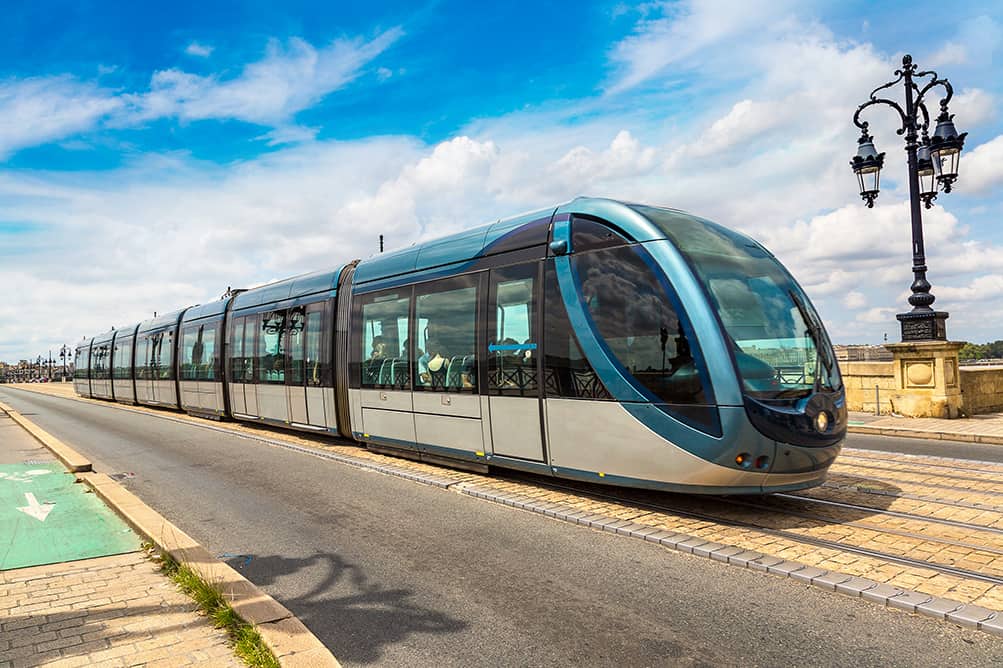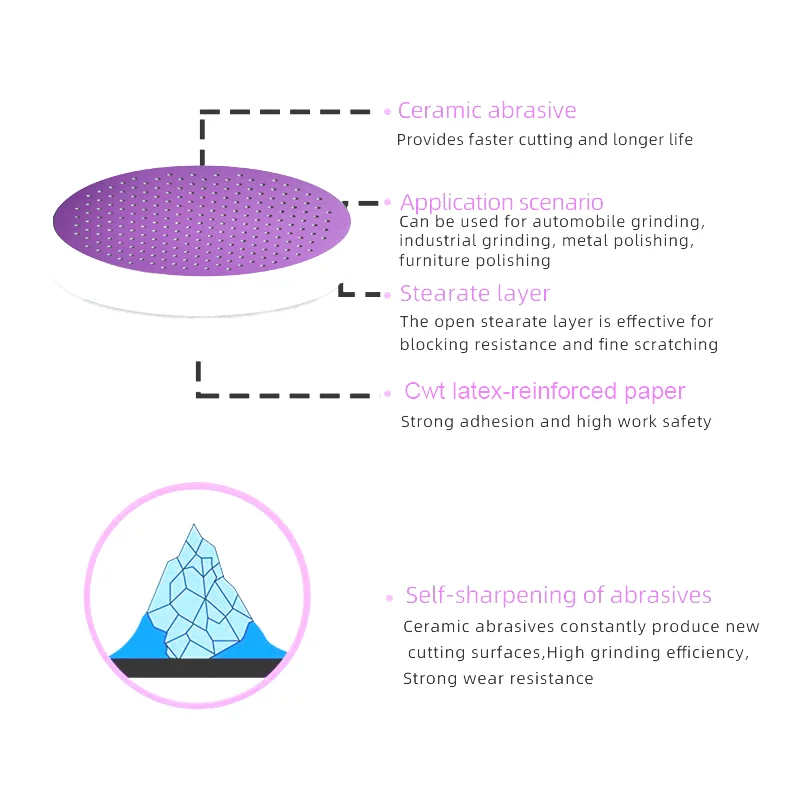
In today's modern society, vehicles have become an integral part of our daily lives, providing convenience and mobility. However, it is essential to acknowledge that vehicle dependency also comes with its fair share of disadvantages. In this blog post, we will explore two significant drawbacks of relying heavily on vehicles, shedding light on the negative impacts they can have on both individuals and the environment.
- Traffic Congestion and Time Wastage:
One of the most apparent disadvantages of vehicle dependency is the issue of traffic congestion. As more and more people opt for private vehicles, roads become overcrowded, leading to increased travel times and frustration. Traffic jams not only waste valuable time but also contribute to air pollution and carbon emissions. Moreover, the constant stop-and-go nature of congested traffic can lead to increased fuel consumption, further exacerbating environmental concerns.
To mitigate this issue, alternative transportation options such as public transit, cycling, and walking should be promoted. Governments and city planners can invest in improving public transportation infrastructure, implementing congestion pricing, and creating pedestrian-friendly environments. By reducing the number of vehicles on the road, we can alleviate traffic congestion and create a more sustainable transportation system.
- Environmental Impact:
Another significant disadvantage of vehicle dependency is the detrimental impact on the environment. Vehicles, especially those powered by fossil fuels, contribute significantly to air pollution and greenhouse gas emissions. The burning of gasoline and diesel releases carbon dioxide, nitrogen oxides, and particulate matter, leading to air quality degradation and climate change.
To address this issue, the adoption of electric vehicles (EVs) and the development of charging infrastructure are crucial. EVs produce zero tailpipe emissions, reducing air pollution and dependence on fossil fuels. Additionally, promoting carpooling and ridesharing initiatives can help reduce the number of vehicles on the road, thereby minimizing environmental impact.
Conclusion:
While vehicles undoubtedly offer convenience and mobility, it is essential to recognize and address the disadvantages associated with vehicle dependency. Traffic congestion and time wastage, along with the environmental impact of vehicle emissions, are two significant drawbacks that need attention. By promoting alternative transportation options and embracing sustainable technologies, we can work towards a future with reduced vehicle dependency, improved traffic flow, and a healthier environment for all.



